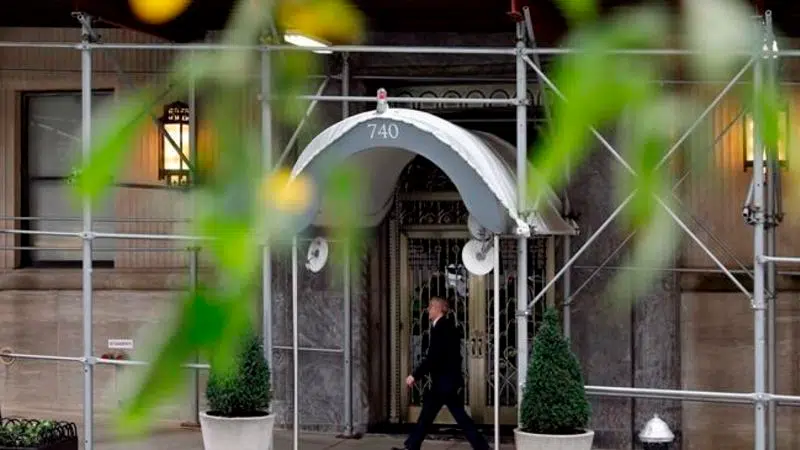
Billionaire conservative donor David Koch dies at 79
NEW YORK — Billionaire industrialist David H. Koch, who with his older brother Charles poured a fortune into right-wing causes, transforming the American political landscape and shaping U.S. policies on such issues as climate change and government regulation, died Friday at 79.
The cause of death was not disclosed, but Koch Industries said Koch, who lived in New York City, had contended for years with various illnesses, including prostate cancer.
A chemical engineer by training, Koch was an executive in the family-run conglomerate, the Libertarian Party’s vice-presidential candidate in 1980 and a major benefactor of educational, medical and cultural organizations.
But he and his brother became best known for building a political network dubbed the “Kochtopus” for its many-tentacled support of conservative and libertarian causes, candidates and think tanks, including the Cato Institute.


